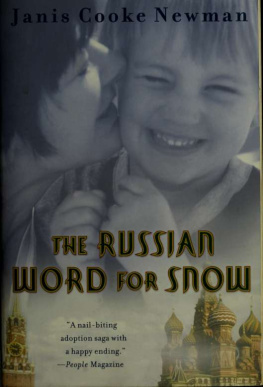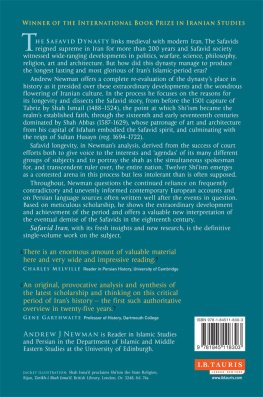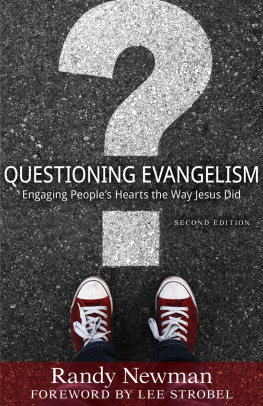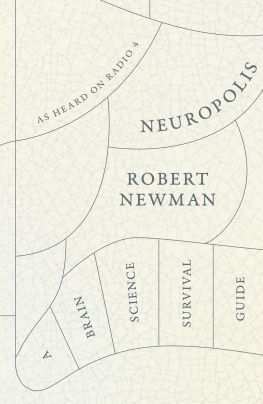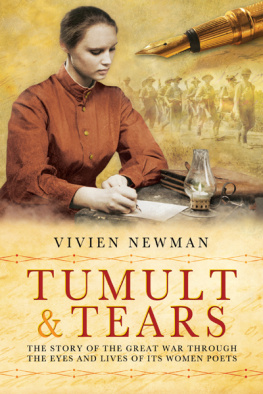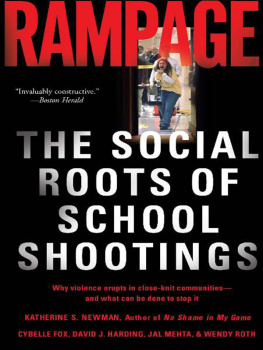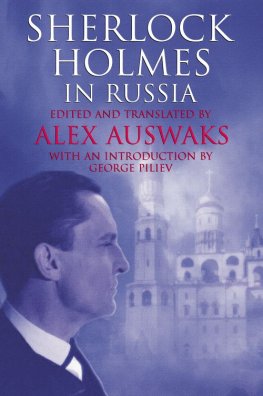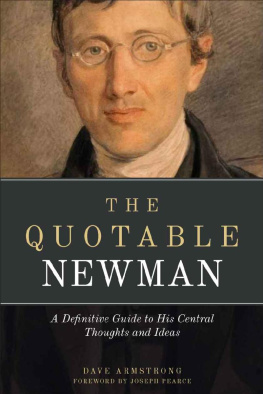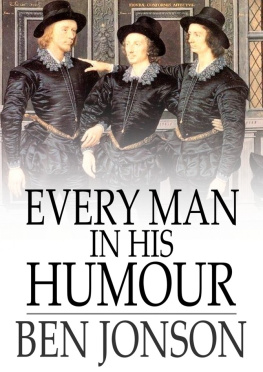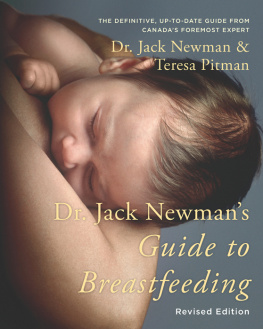This book made available by the Internet Archive.
ACKNOWLEDGMENTS
Although writing a book seems to be largely about long periods of time spent alone with a computer, it is ultimately a collaborative effort. In that spirit, I'd like to begin by thanking my best collaborators, Adair Lara and Wendy Lichtman, teachers who became writing partners and then friends, and who have been with this memoir since the very first words I set on paper. Also, thanks to Rebecca Koffman, who has read every version of these pages.
To Richard Reinhardt, who encouraged me to attend the Squaw Valley Community of Writers, where I learned how to write this book. And to both Richard and his wife, Joan, for the use of The Cabin and The Vineyard, truly charmed places in which to write.
Thanks to Meg, for her encouragement and love. And to Kurt, for liking all my endings, especially the ones with hats.
To Jim and Tracy, for the dinners, the babysitting, and the friendship.
I would also like to thank my wonderful agent, Amy Rennert, for her good advice, and for coping with the many neuroses of a writer with a first book. Thanks to my editor, Diane Higgins, for loving this story, and to her assistants, Patricia Fernandez and Nichole Argyres, for handling all the details turning it into a book required.
Thank you to Elaine Petrocelli and the staff and teachers at
vi Acknowledgments
Book Passage for providing so much inspiration and support. They are some of the best friends a writer could have.
Finally, this book would not exist without my husband, Ken, my best editor and best friend, who never stopped believing that we would bring Alex home, and never stopped believing in me.
For Ken,
who gave me the time and space in which to write
And for Alex,
without whom there would be no story

Matryoshka

My son Alex, who is two years old, loves to play with the ma-tryoshka dolls my husband and I bought from a vendor in Iz-mailovsky Park. Each doll is a different family member, and Alex likes to twist open the father, who is playing an accordion, to find the mother nested inside. One by one, he opens them all: the grandfather balancing a yellow balalaika on his knee, the grandmother holding a golden samovar, until he comes to a tiny baby with a red pacifier painted into its mouth.
When he's got them apart, purple and green and black half-bodies scattered across the carpet, I'm struck by how complete the family is: children, mother, father, grandparents. No one is missing, pulled out of place by death or desertion.
As I watch him stacking the dolls, one smiling face disappearing into the round body of another, I have a strong and sudden urge to call my mother. I want to ask her if it's normal for children to eat what the cat threw up, or learn to say "dog" before "Mommy." I want to know if she ever wished I'd get tired of One Fish, Two Fish, Red Fish, Blue Fish, if she thought about leaving me in the frozen-food aisle when I started to scream and kick the shopping cart, if she lay awake at night, afraid something might take me from her.
Instead, I ask Alex if he wants to play naked tiger, which is what we do to get him ready for his bath. He yanks on the tabs of his diaper and removes it with a grand gesture, a magician
6 THE RUSSIAN WORD FOR SNOW
delighted with the reappearance of his penis. I throw his toys into the tub, while behind me, he leaps around with the white bucket from his training potty on his head. His legs are starting to look more like a boy's than a baby's, and I want to catch them and kiss them while he'll still let me.
I put Alex into the warm water of the tub and push back his hair with a wet hand. With his hair slicked back, he looks like a small, smooth-skinned businessman.
After his bath, I dress him in a T-shirt printed with circus animals.
"Elephant big-nose," he tells me, pointing to an elephant balanced on a ball.
We jump onto the bed together, the weight of our bodies pressing a valley into the comforter. Alex slips the first two fingers of his right hand into his mouth, fingers that have developed small calluses from rubbing against the sharp edges of his teeth. He presses his damp head against my chest, wetting my shirt and raising goose bumps. I tuck my knees beneath his legs, so more of his body touches mine, and remember another bed.
The pink chenille spread that left curved tracks on my cheek if I rested on it too long, the stripy light from Venetian blinds that clanged like something mechanical whenever the wind blew, and my mother, sleepy and pregnant with my twin brothers. Every afternoon we'd nap together, with my face as close to hers as she would allow. Before we'd fall asleep, I'd ask her to sing the same song over and overa song in Italian about an orchestra.
Lying on her back, my yet-to-be-born brothers causing the middle of her body to rise like a mountain, my mother would pretend to play the trombone, her arm pulling the long slide up toward the ceiling. Turning to look at me, she'd purse lips with traces of pink lipstick on them and make the wet sound of a trumpet. Just her breath on my face made me feel as if nothing bad could touch me.
Now, in the bed with Alex, I try to sing the Italian song about the orchestra, but only a few of the words come back to me. The rest I have to invent: long phrases filled with vowels that make Alex smile around the fingers in his mouth.
Lying there, I wish I could ask my mother if she can still slide the trombone to the ceiling, still make the wet sound of the trumpet. I wish I could ask her if she would breathe on my face again.
Alex's biological mother abandoned him in a Moscow hospital three days after he was born. She left without telling anyone, disappearing back to the Ukraine, leaving the orphanage to find a name for him. Because it was still winter, they chose for his last name the Russian word for snow.
Alex was the result of his mother's third pregnancy. Ken and I do not know whether he has a brother like the boy matryoshka who plays a flute painted around the curve of his head, or a sister like the matryoshka who carries a single spotted teacup. We don't know if his mother ever had the babies from those pregnancies, or why she chose to have him.
Alex loves the mother matryoshka. Sometimes he opens up the set just to her. Her painted dress is embroidered with puffy white sleeves, and she has round blue eyes and blond hair. She looks much more like him than I do.
One day, I imagine that he will look at her small painted-on mouth and ask her the questions about his Russian mother that I cannot answer.
Alex throws his body over the footboard of the bed to show me how he can stand on his head. His hair falls into the air like ruffled feathers.
Then we go into his room, and I sit on the floor beside a dress-up frog whose clothes I can no longer find. Alex puts the matiyoshkas back together, starting with the baby with the painted pacifier in its mouth, which he threatens to eat because he likes it when I tell him not to. When he's finished, he comes

